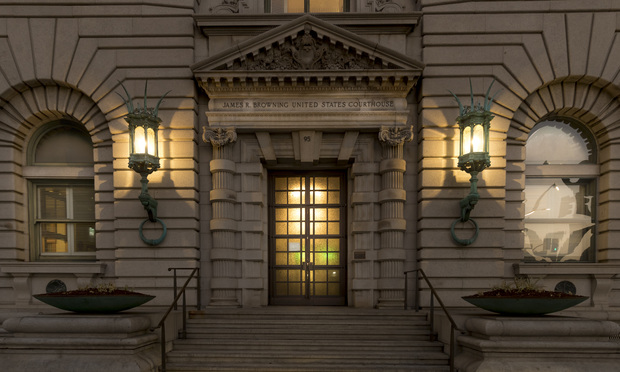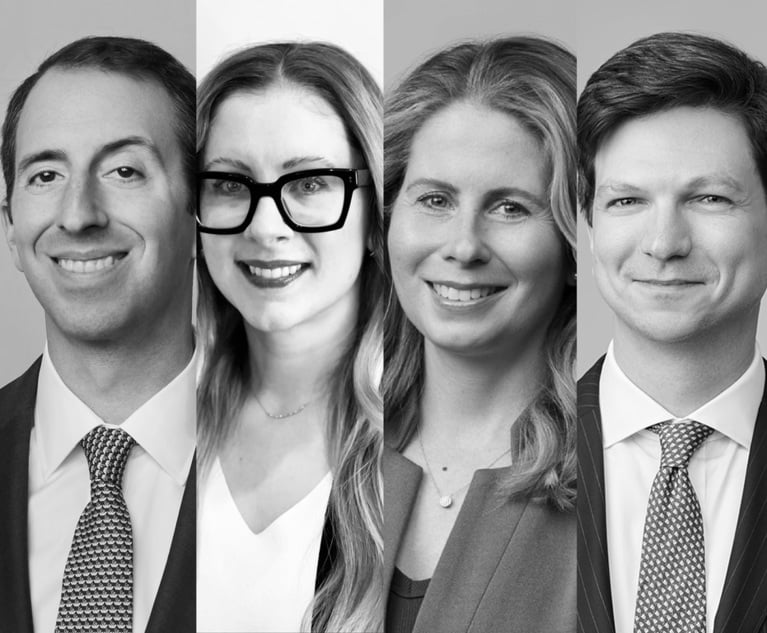A San Francisco-based federal appeals court asked the highest court in New York to decide whether a litigation funding agreement requiring the repayment of attorney fees in unrelated cases runs afoul of the state’s usury laws.
The certified question from the U.S. Court of Appeals for the Ninth Circuit asked the New York Court of Appeals to decide whether the arrangement qualified as a “loan” or “cover for usury” under a state statute, which caps the amount of interest that can be charged for lending.

 U.S. Court of Appeals for the Ninth Circuit in San Francisco. (Photo: Jason Doiy/ALM)
U.S. Court of Appeals for the Ninth Circuit in San Francisco. (Photo: Jason Doiy/ALM)








